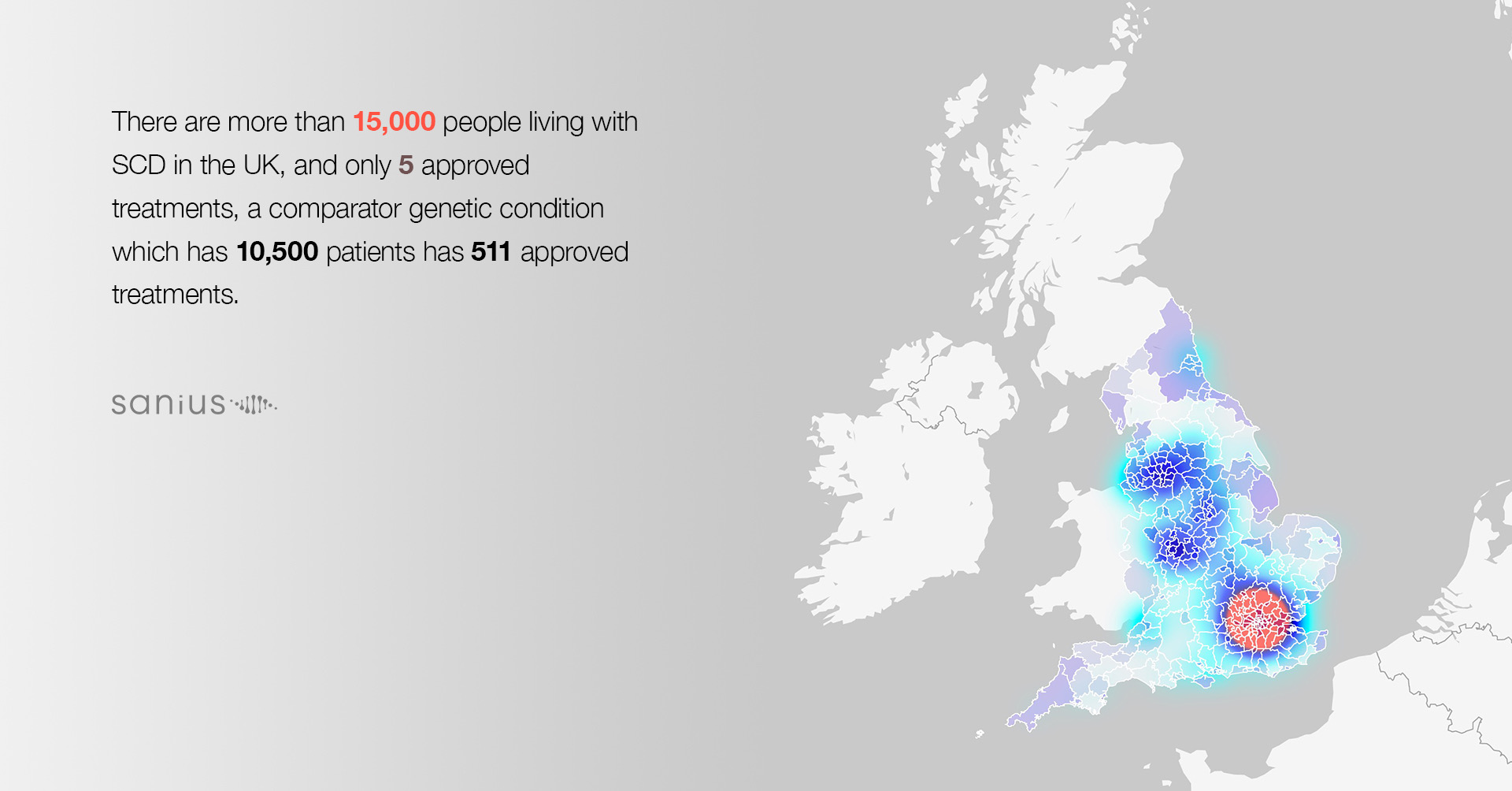Living through coronavirus peaks has been damaging to young people, in more ways than one.
According to King’s College London’s Institute of Psychiatry, Psychology and Neuroscience, the UK has seen a 50% rise in diagnosable mental health disorders among young people. Stephen Scott, a professor at the institute, remarks that this ‘rise’ is ‘unprecedented’:
‘The level of child and adolescent mental health problems we are seeing is unprecedented, the worse in over 50 years. There has been something like a 50% rise in children with a diagnosable mental health disorder, much of it since the pandemic. Most people are unaware of how bad things are because it is largely hidden behind closed doors’
Reasons for the Rise
Although they are unlikely to face the worse effects of COVID-19, young people feel the mental and emotional strain caused by the pandemic as keenly as any other group. Reasons as to why we have seen children’s mental health deteriorate so quickly include being locked down with families under pressure. In tandem, other factors include being trapped in homes where domestic abuse is rife, excessive parental anxiety, lack of usual outlets and over-crowding.
The closure of schools not only impacted children’s education; it also removed ‘safe spaces’ for young people outside of a home setting. For many, schools were locations where young people could socialise, develop emotionally and at times shield themselves from troubled family life.
The President of the Royal College of Paediatrics and Child Health, Professor Russell Viner, observes that the closure of schools has caused a range of harm towards children. He accounts rising diagnoses for sleep problems to reduced physical activity and contact with social circles.
In particular, isolation from friendship groups is a potent cause for rising youth mental health disorder diagnoses. According to a psychotherapist at the Royal Free, maintaining friendships is ‘key’ for young people in regulating their emotional states. The disappearance of these support networks directly cause mental health deterioration to occur:
‘For adolescents, the friendship group is key. […] They need the group to grapple with problems and manage their internal processes […] This is so much more than missing friends. They need them, they are dependent on them and it has to be in person – not just via social media. If you take that away […] they can unravel and fragment, which is why you are seeing so many struggle’
Rising Reports of Self-Harm and Eating Disorders
As such, we have seen an increasing rate of mental health diagnoses, reported levels of abuse and neglect, as well as an alarming rise in self-harm cases and eating disorders. Again, the closure of schools and isolation from social support groups contributed to this phenomenon.
Dr. Omer Moghraby, a crisis adolescent psychologist believes that the upheaval of routines directly correlates to the increased ‘presentation of young people in A&E’ who have ‘taken overdoses, or who have cut themselves severely’:
‘Some have changed their patterns of eating so severely that they have lost a lot of weight and our medical colleagues are treating them to save their lives. […] One can only say the major factor across it all is the pandemic – the lack of activities, the lack of schooling, the lack of opportunities for these young people and a deterioration of wellbeing of their parents not being able to cope’
COVID-19 Legacy on Children’s Mental Health
The Children’s Commissioner for England, Anne Longfield, warns that damage to children’s mental health will outspan the COVID-19 pandemic. She stipulates that the damage to mental health caused by the COVID crisis ‘could last for years’.
In spite of the Government’s target for children to wait no longer than 28 days for mental health services, young people across the country face waiting times between 40-60 days. In her newest report, the Commissioner estimates that one in six children could have a mental health condition.
Given the lengthy backlog and wait times to see psychotherapists, Longfield foresees that diagnosis rates will continue to rise. Currently, various psychotherapy services, crisis lines and NHS Trusts have seen mental health referrals almost triple since the beginning of the pandemic.
Longfield argues that the Government’s plan to roll out NHS-led mental health counselling to schools is ‘not ambitious enough’ to cater for rising diagnoses among young children. The Government plans to install NHS counselling services in schools by up to 25% by 2023. However, Longfield believes that this level of access will not meet the needs of the UK’s youth.
‘Even before the COVID pandemic, we faced an epidemic of children’s mental health problems in England ad a children’s mental health service that, though improving significantly, was still unable to provide the help hundreds of thousands of children required’
Time to Take Responsibility
In order to support young people, Longfield and mental health practitioners across the UK believe that more resources need to be invested into this care pathway. Specifically, they urge the government to invest in mental health training, so that children can have more access to services in and out of a school setting:
‘We need an NHS trained counsellor in every school…government plans for [training hundreds of mental health workers to work in and near schools] will only reach a quarter of schools in three years. That is really important, but given the level of disruption on children’s lives…it is something that needs to be prioritised’
The Education Policy Institute (EPI) has published a study and suggestions regarding how the Government can best assuage the children’s mental health crisis. The think tank encourages school leaders to engage in alternative provision settings to support children with mental and emotional health needs. The EPI’s suggestions include increasing wellbeing funding, creating more mental health content in academic curriculum and increased facilities to support children before they reach crisis point. Additionally, the EPI hopes to work with the government in supporting teachers who spend time in AP, through a variety of evidence-informed policies.
Recommended for you

Is AI the End, or Just a New Beginning, for Digital Art?
As Truss and Sunak compete to become the new PM, one key topic is forming a noticeably small part of the Tory leadership debates.
Trending

Is AI the End, or Just a New Beginning, for Digital Art?
As Truss and Sunak compete to become the new PM, one key topic is forming a noticeably small part of the Tory leadership debates.






